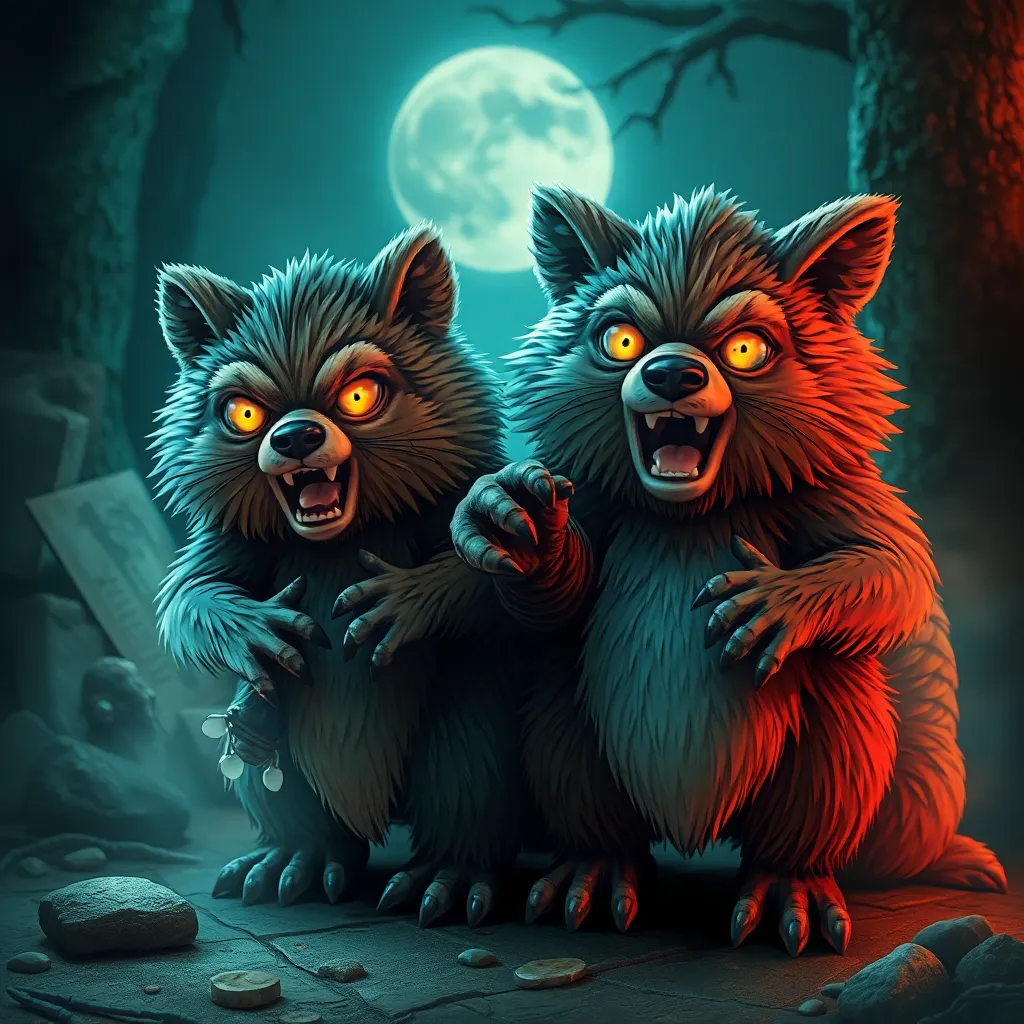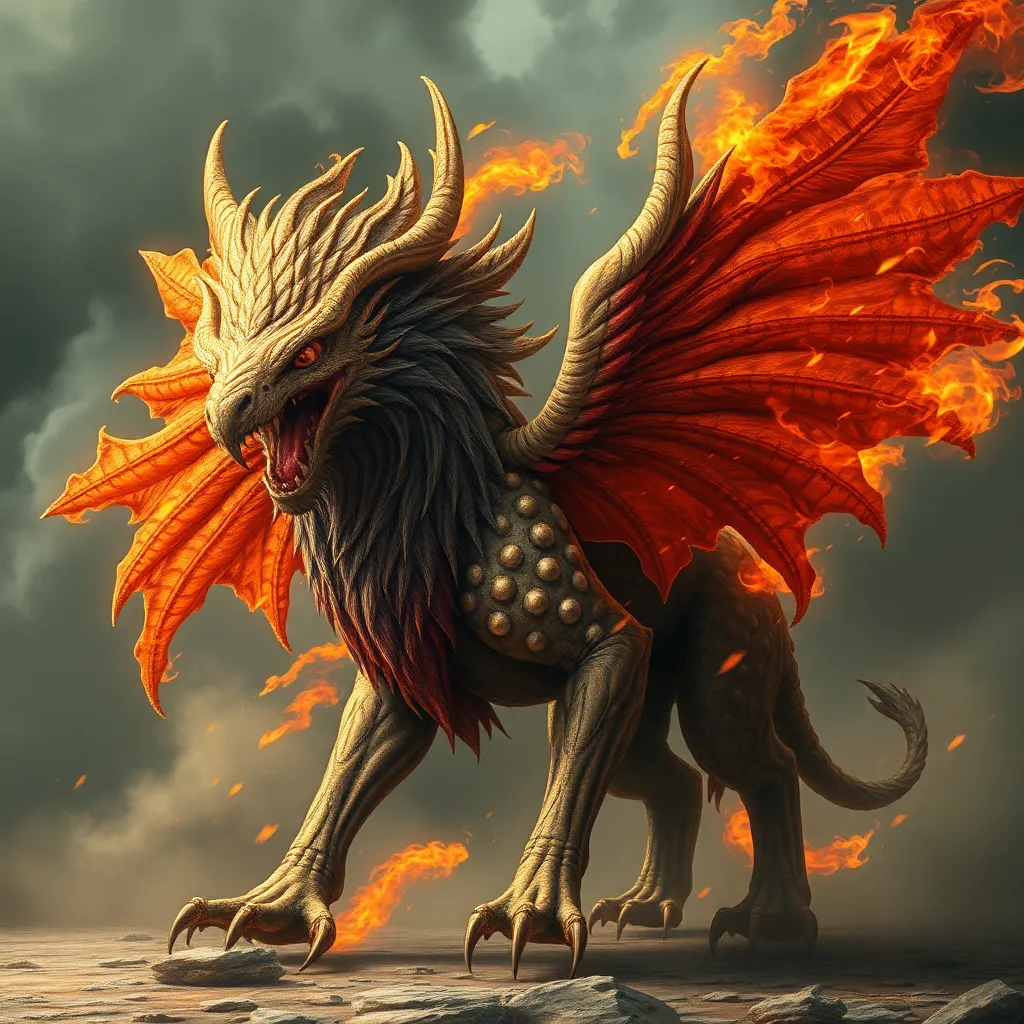The Most Captivating Myths of Ancient Deities and Their Influence
Introduction to Ancient Deities and Their Myths
Ancient deities are revered figures in various cultures, often embodying the forces of nature, human experiences, and the cosmos. These gods and goddesses played a crucial role in the spiritual and social lives of their worshippers. Myths surrounding these deities served as narratives that explained the world, provided moral lessons, and established cultural norms.
This article aims to explore the captivating myths of ancient deities across different civilizations, highlighting their significance and enduring influence. From Greek mythology’s pantheon to the rich narratives of African traditions, we will delve into the stories that shaped societies and continue to resonate today.
The Role of Myths in Ancient Civilizations
Myths function as cultural narratives that convey the beliefs, values, and histories of societies. They help explain natural phenomena, human behavior, and the mysteries of life and death. Through these stories, communities could share wisdom, instill moral values, and create a sense of identity.
In many ancient civilizations, myths were integral to understanding the universe and humanity’s place within it. For instance:
- Greek Civilization: Myths explained the origins of the world and the nature of the gods.
- Egyptian Civilization: Myths offered insights into the afterlife and the divine order of the universe.
- Mesopotamian Civilization: Myths were used to articulate the relationship between the gods and humans.
These narratives not only entertained but also shaped societal values and norms, influencing everything from governance to daily life.
Greek Mythology: The Pantheon and Their Stories
Greek mythology is renowned for its complex pantheon of gods and goddesses, each with distinct personalities and narratives. Major deities include:
- Zeus: King of the gods, ruler of Mount Olympus, and god of the sky.
- Hera: Queen of the gods and goddess of marriage and family.
- Poseidon: God of the sea, earthquakes, and horses.
Some of the most captivating myths involving these deities include:
- The Trojan War: A tale of love, betrayal, and divine intervention that showcases the whims of the gods.
- The Labors of Heracles: A series of twelve tasks that demonstrate Heracles’ strength and determination, often influenced by the gods.
The influence of Greek mythology extends beyond ancient Greece, shaping Western literature, art, and even modern storytelling. The themes of heroism, morality, and the human condition continue to resonate in contemporary culture.
Egyptian Deities: Myths of Creation and Afterlife
Egyptian mythology is rich with tales of gods whose powers governed the natural and spiritual worlds. Prominent deities include:
- Ra: The sun god, symbolizing creation and life.
- Osiris: God of the afterlife, resurrection, and agricultural fertility.
- Isis: Goddess of magic and motherhood, known for her protective qualities.
Key myths such as the creation myth involving Atum and the resurrection of Osiris illustrate the Egyptians’ beliefs about life, death, and rebirth. These narratives were vital for understanding the afterlife and were reflected in religious practices and monumental architecture, including the pyramids, which served as tombs for pharaohs.
Norse Mythology: Tales of Valor and Fate
Norse mythology presents a pantheon of gods known for their valor and complex relationships. Key figures include:
- Odin: The all-father, god of wisdom, war, and death.
- Thor: God of thunder, known for his strength and protection of humanity.
- Loki: The trickster god, whose cunning often leads to chaos.
Fascinating myths such as Ragnarok, the prophesied apocalypse, and the binding of Fenrir, a monstrous wolf, reveal the Norse understanding of fate and the cyclical nature of time. These stories continue to influence modern culture, appearing in literature, films, and television series.
Hindu Mythology: Epics and Deities
Hindu mythology is characterized by a vast array of deities and epic tales that convey moral and philosophical lessons. Major deities include:
- Brahma: The creator god, part of the Trimurti, alongside Vishnu and Shiva.
- Vishnu: The preserver, who incarnates in various forms (avatars) to restore cosmic order.
- Shiva: The destroyer, representing transformation and regeneration.
Epic tales such as The Mahabharata and The Ramayana not only narrate heroic adventures but also impart ethical lessons about duty, righteousness, and devotion. These narratives hold significant cultural relevance in contemporary Indian society, influencing festivals, rituals, and social values.
Mesoamerican Deities: Myths of Creation and Nature
Mesoamerican mythology is rich with gods who represent the forces of nature and creation. Notable deities include:
- Quetzalcoatl: The feathered serpent, god of wind and learning.
- Tezcatlipoca: God of the night sky and sorcery, often associated with conflict and change.
Creation myths, such as the Popol Vuh, detail the origins of humanity and the cosmos, often emphasizing the interconnectedness of life and nature. These myths continue to influence modern Mesoamerican cultures, shaping traditions and worldviews.
African Mythologies: Diverse Deities and Their Stories
African mythologies encompass a vast array of deities and narratives that vary across different cultures. Noteworthy deities include:
- Eshu: The trickster god of the Yoruba people, representing fate and communication.
- Anansi: A spider god from Akan folklore, known for his cleverness and storytelling.
These myths play a vital role in community values and social structures, often conveying lessons about morality, kinship, and the natural world. The rich tapestry of African mythology continues to influence literature, art, and cultural practices today.



